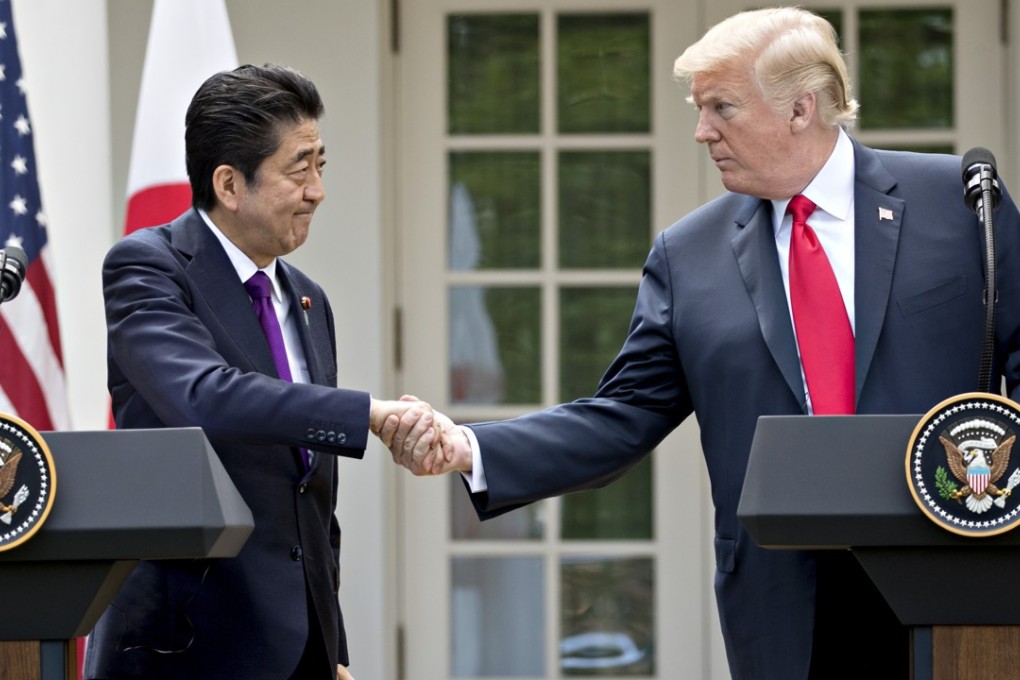Opinion | Plot thickens for Abe’s third term in Japan
Shinzo Abe is poised to become Japan’s long serving prime minister on Thursday, a chance to fulfil his dream to revise the pacifist constitution. Yet Donald Trump’s trade war and slowing demand may get in the way, writes William Pesek.

Japan’s September 20 leadership contest has long been touted as a crowning achievement for Shinzo Abe. He will easily win a third term, becoming Japan’s longest-serving prime minister.
Now, it’s looking like a poisoned chalice. Growth is slowing. Tokyo’s battle against deflation is fizzling. And Donald Trump’s trade war is sending intensifying headwinds Tokyo’s way. Mounting economic challenges could derail Abe’s headlong drive to revise the pacifist post-war constitution.
True, Asia’s No 2 economy advanced a faster-than-expected annualised pace of 3 per cent in the second quarter. That’s ancient history, though. Since then, US President Donald Trump formally slapped 25 per cent tariffs on US$50 billion of Chinese goods. He’s eyeing another US$200 billion of goods, perhaps on the way to US$500 billion. He telegraphed 25 per cent taxes on cars and auto parts.
Coming on top of steel (25 per cent) and aluminium (10 per cent) levies, the first actions hit Japan Inc. by way of China, its main market. The last one would be a full-frontal assault on Toyota, Nissan, Honda and myriad Japanese industries tied to the East Asian supply chain.
Rather than ancient-history data, consider what the Bank of Japan warned of last week: intensifying downside risks. Hence Governor Haruhiko Kuroda’s team signalling that they will maintain “extremely low levels of short- to long-term interest rates for an extended period of time.” In other words, indefinitely.
That’s quite a departure from hints of BOJ “tapering” earlier this year. Marcel Thieliant of Capital Economics reckons Kuroda & Co. will keep its 10-year yield target at zero beyond 2020. Even that could prove optimistic, though, given Trump’s escalating assault on global trade. And it will put the onus on Abe to pivot back to upgrading an uncompetitive economy.
